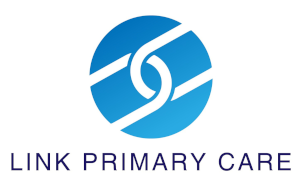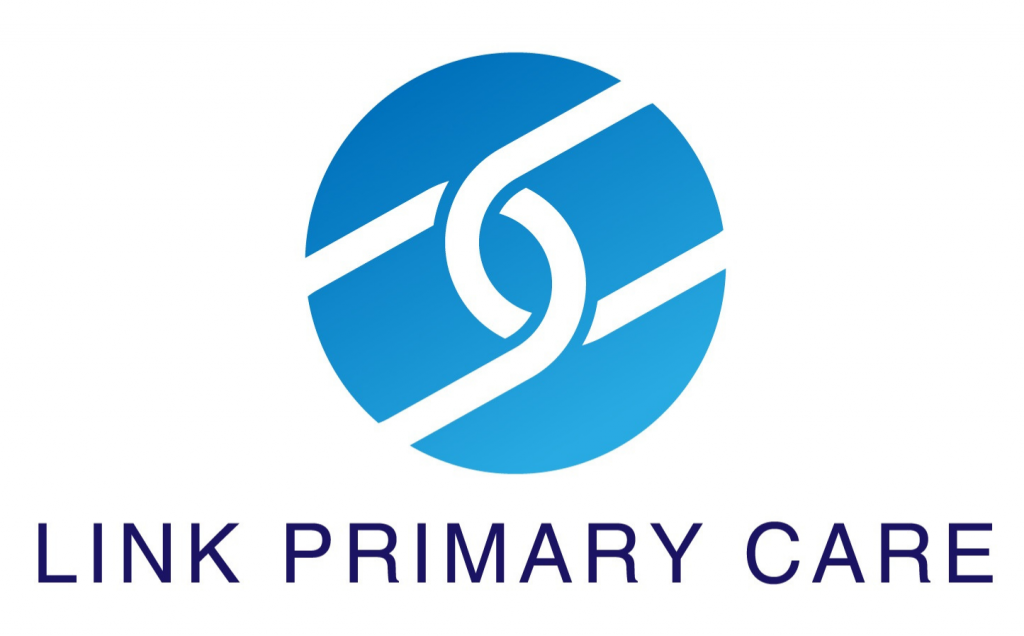Getting to know the difference between traditional healthcare and direct primary care (DPC) will help you decide which option is the best fit. There are many variables to consider, and each affordable healthcare option in St. Louis will come with unique pros and cons.
What is Direct Primary Care?
A direct primary care provider provides medical care under a flat monthly fee. This membership provides patients with unlimited access to a comprehensive variety of primary care procedures. This model eliminates insurance companies from the equation to keep costs transparent and manageable.
Many St. Louis residents prefer direct primary care because it gives them more time with their primary doctor. A DPC clinic will always have fewer patients compared to a traditional hospital or medical center. Not only do patients feel heard and understood, but they’re also able to catch diseases in the early stages given the higher level of personalized care. The membership covers examinations, in-office procedures and treatments, women’s health, and most lab tests.
What is Traditional Healthcare?
Traditional healthcare often refers to the family doctor, also referred to as a general practitioner. The personal doctor’s primary role is to carry out general and everyday checkups, immunizations, biopsies, imaging tests, and lab tests for common illnesses.
It is not unusual for the traditional primary care doctor to refer their patients to specialists for anything beyond the “everyday” concerns. This leads to a confusing network of referrals and specialist providers. For example, you may have a sore throat that your general practitioner learns is a chronic condition. The doctor will then refer you to an Ear, Nose, and Throat (ENT) clinic for specialized care.
Is Direct Primary Care a New Type of Healthcare?
Direct primary care is a model that charges a monthly fee typically under $100. Patients often have immediate and unlimited access to their primary care doctors. They also receive longer appointment times and no insurance billing. While this form of healthcare is not new, only recently has it seen a surge in popularity compared to traditional hospital healthcare.
DPC physicians have more time to spend with patients through video chats and have a simplified fee structure to decrease overhead and administrative costs on the medications, unlike conventional healthcare.
Is Direct Primary Care the Future of Healthcare?
In the past decade, DPC has grown in popularity from twenty-one practices to over one thousand in forty-nine states in the US. According to the Direct Primary Care Coalition, these practices see over five hundred thousand patients.
The future of direct primary care services looks bright. The DPC model gives patients upfront pricing and sometimes bundles deals with a family discount or a free gym membership. Personalized care and ease of payment put DPC ahead of traditional healthcare.
Health Insurance and Doctors’ Visits
Most patients benefit from Direct Primary Care because it doesn’t require costly medical insurance and restrictive provider networks. The DPC model lets you know which services are included in your membership from the first day. The entire process is very transparent, and unexpected bills won’t surprise you.
In addition, DPC healthcare forms a strong relationship between patient and doctor, and you can keep your doctor even if you switch jobs, have children, or visit other specialists.
In 2020, the Society of Actuaries sponsored a study that compared people in a DPC model to other people who used traditional care. The overall patients using DPC didn’t use as many healthcare services beyond their primary care visits. This meant that the care and treatment they received from their DPC doctors helped them avoid seeing other doctors.
Seeing a DPC clinic led to approximately 40% fewer ER visits than traditional plans and 25% fewer hospital admissions.
The Downsides of Not Having Direct Primary Care
DPC eliminates third-party insurers from the primary health care equation, and many patients view this as a welcome change. However, it is prudent to remember that a DPC doctor only provides direct health care services. Therefore, as a DPC member, you are still encouraged to carry health insurance to cover the cost of life-threatening emergencies, hospitalizations, and specialist care for complex illnesses and injuries.
Expect Fast and Easy Access to your Doctor in St. Louis with Link Primary Care!
Has it been a few years since you’ve had a routine physical checkup in St. Louis? Maybe you avoid checkups because hospitals are a pain to deal with.
Call Link Primary Care for a new model of healthcare. Please call us at 314-582-4634 or visit our office to ask about membership plans. We will be happy to guide you through registration and scheduling your first appointments. It is time for healthcare to fit your life.


